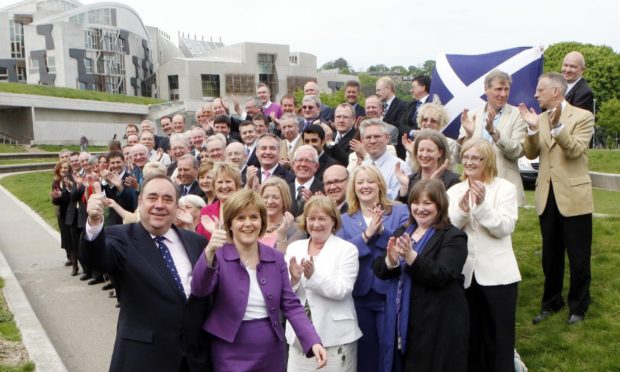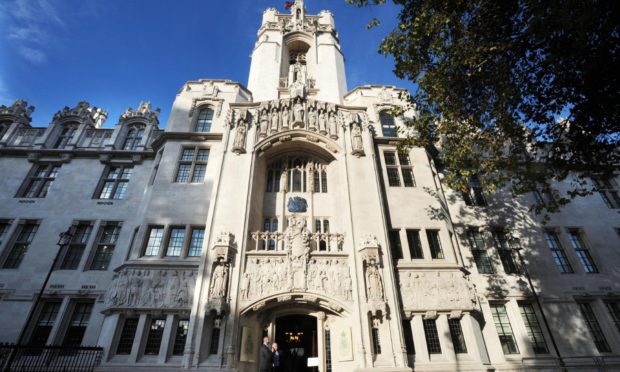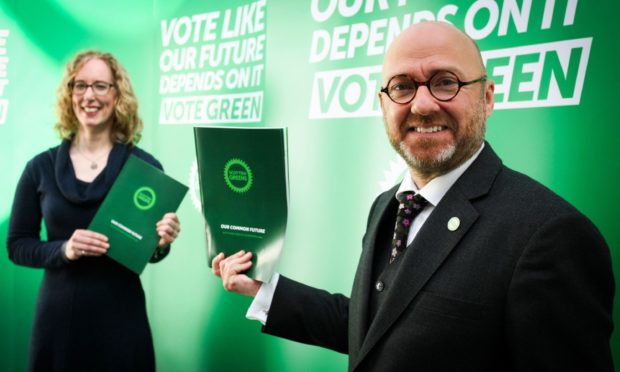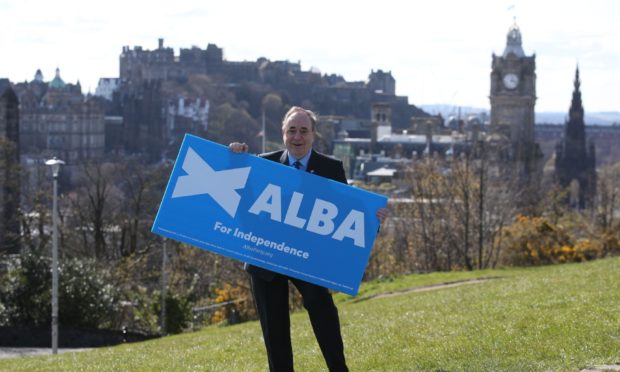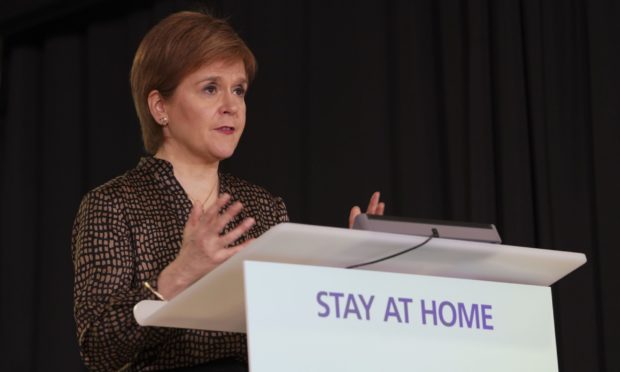With votes in the 2021 Scottish Parliament election being counted over Friday and Saturday, we look at what could unfold over the coming days.
SNP wins a majority
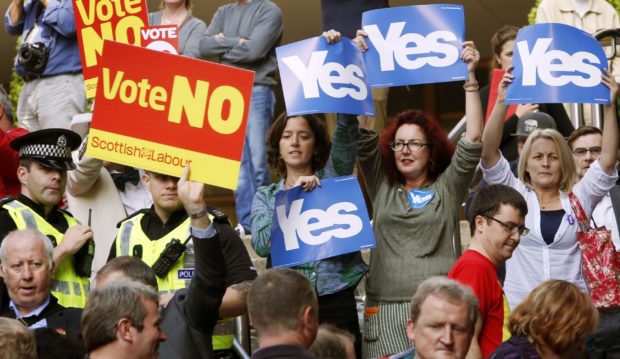
If Nicola Sturgeon’s party secures a majority, the debate over a second referendum on Scottish independence will enter a new phase.
The UK Government will come under intense pressure to respond to what will be described as a clear mandate for a repeat of the 2014 vote, and give Holyrood the powers to make the necessary arrangements.
Opposition parties, meanwhile, will know that the re-elected SNP will completely control the legislative agenda as it embarks on its fourth term in power.
SNP does not win a majority
A failure to win a majority would complicate matters for the SNP.
As long as there were more pro-independence MSPs than unionists, it would still be argued that there was a mandate for a second independence referendum.
That case could be strengthened if it was a so-called “super-majority”, of the kind predicted by Alex Salmond and his Alba Party, although Ms Sturgeon would not want to have to rely on her former mentor.
Also, it was the SNP majority victory in 2011 that paved the way for the first referendum, and the UK Government may be able to dispute the mandate claim if such a result was not repeated.
Courtroom battle
If, in the wake of the election result, the UK Government continues to refuse the Section 30 order that would allow the Scottish Parliament to hold a legal referendum, Ms Sturgeon has said her government would progress the legislation for a vote, anyway, and challenge Westminster to block it in the courts.
This would leave the two governments on a constitutional collision course over another vote on the future of Scotland’s place in the UK.
Coalition negotiations
The SNP governed in the last parliament as a minority, with support from the Greens at key votes such as Budgets.
However, it has been suggested that the two independence-supporting parties could move to formalise that arrangement in a coalition, if the SNP does not win a majority.
The Greens could demand seats in the Cabinet if so, and could seek an end to government support for the North Sea oil and gas industry, as well as wanting to divert spending from major road schemes, such as dualling the A9 and A96.
Opposition resignations
Election defeats always lead to questions about the future of the losing leaders, although in Scotland few would be expecting anything other than another easy SNP victory.
Whatever the result, Scottish Labour leader Anas Sarwar should be safe, having just taken on the job in February.
Douglas Ross has also only been leading the Scottish Conservatives since August last year, but he could end up considering his position if Tory losses were substantial.
Willie Rennie, meanwhile, has been leading the Scottish Liberal Democrats for a decade, and could decide to hand over the reins to someone else if the party does not make gains.
Alex Salmond returns or retires
The former first minister could be preparing for a dramatic return to Holyrood after the weekend if he is elected an Alba Party MSP for the north-east.
Alternatively, he could be left to lick his wounds amid calls to retire from politics, should his comeback fall flat.
Either way, he is certain to make headlines along the way.
Pandemic over politics
Ms Sturgeon has said whoever is first minister will have difficult decisions to take in the first week in the job, as the nation continues to try to emerge from the coronavirus crisis.
Given the ongoing uncertainty, and longer-term economic damage, that should quickly focus the minds of our new MSPs, whatever the outcome of the election.
